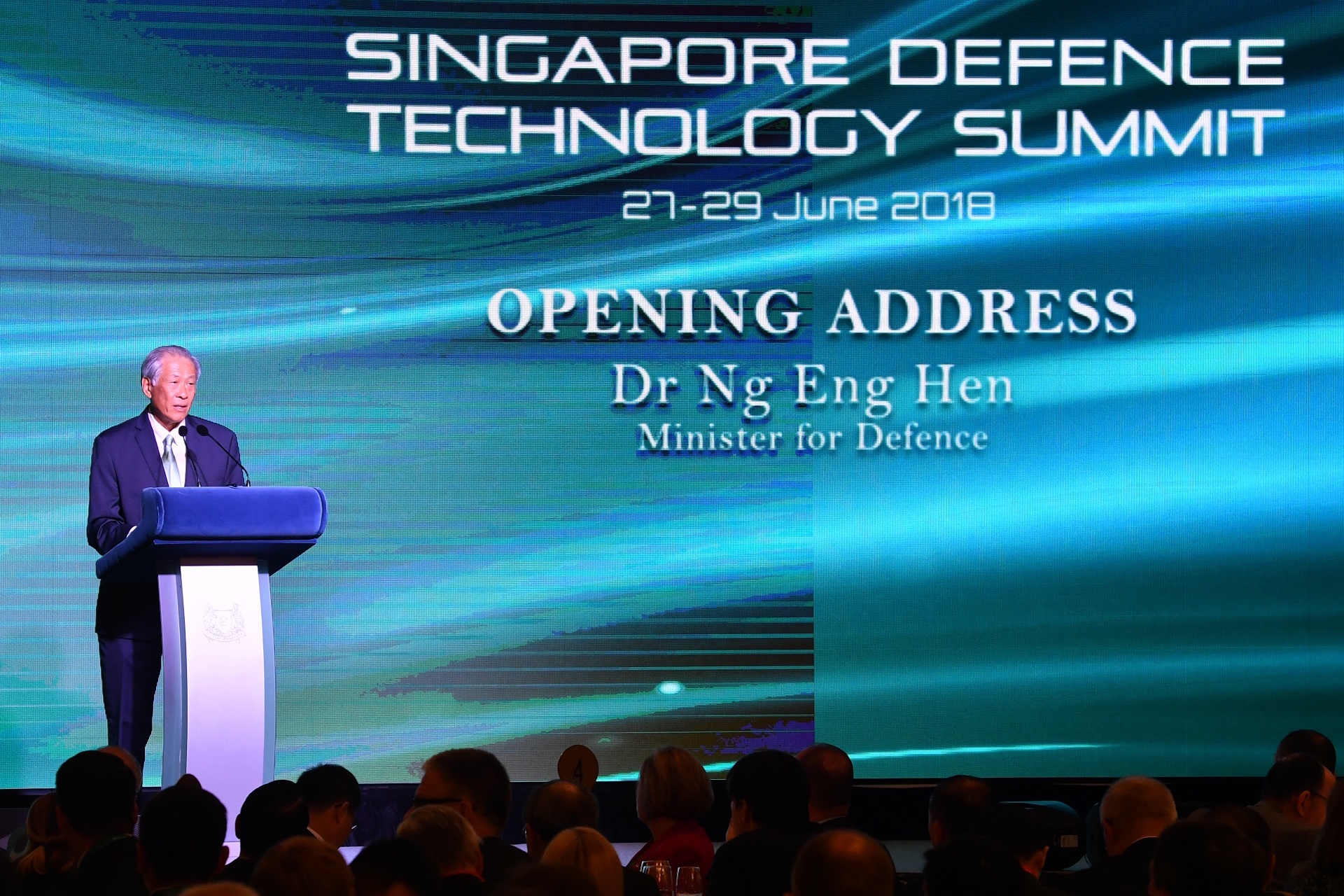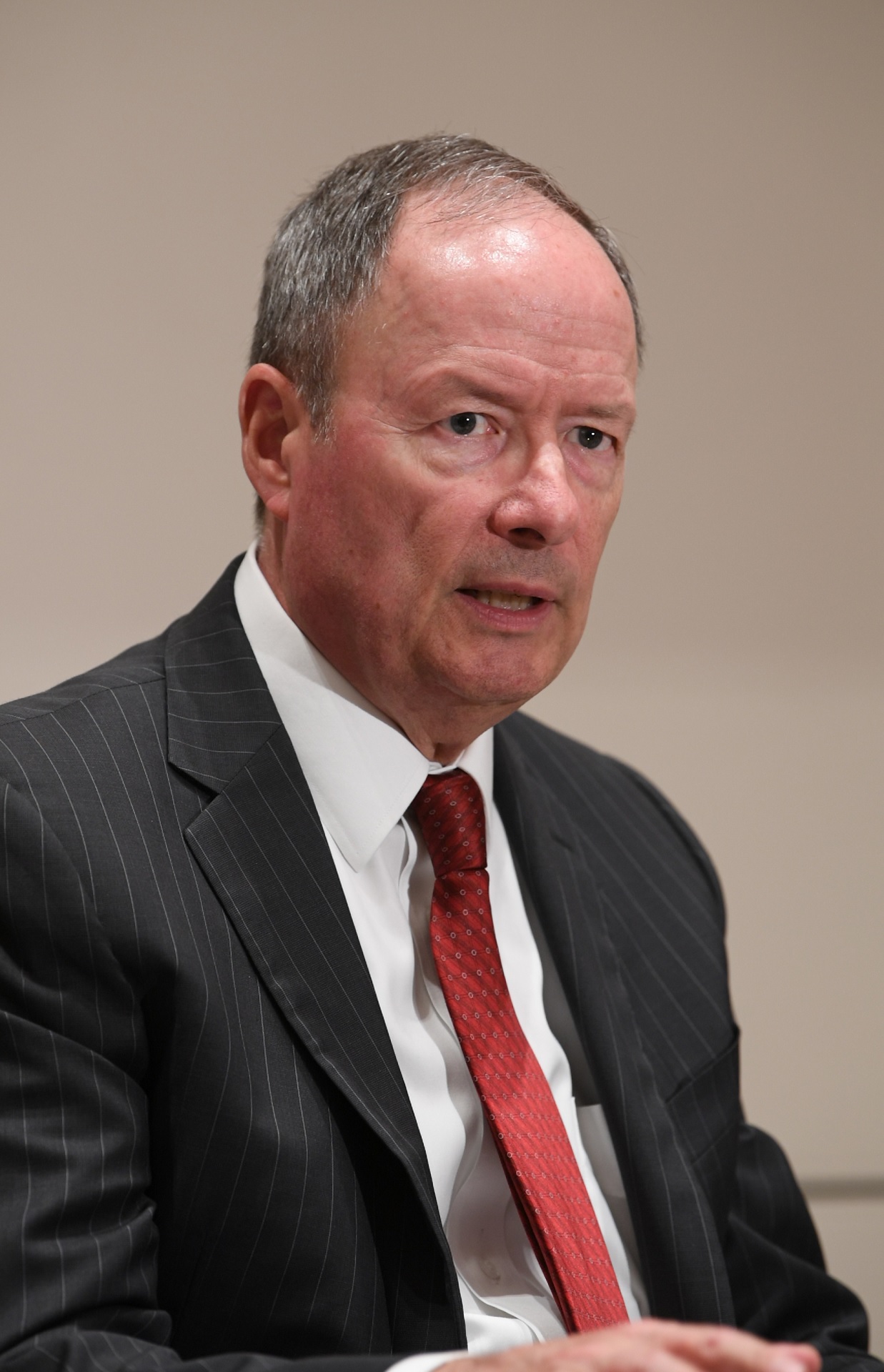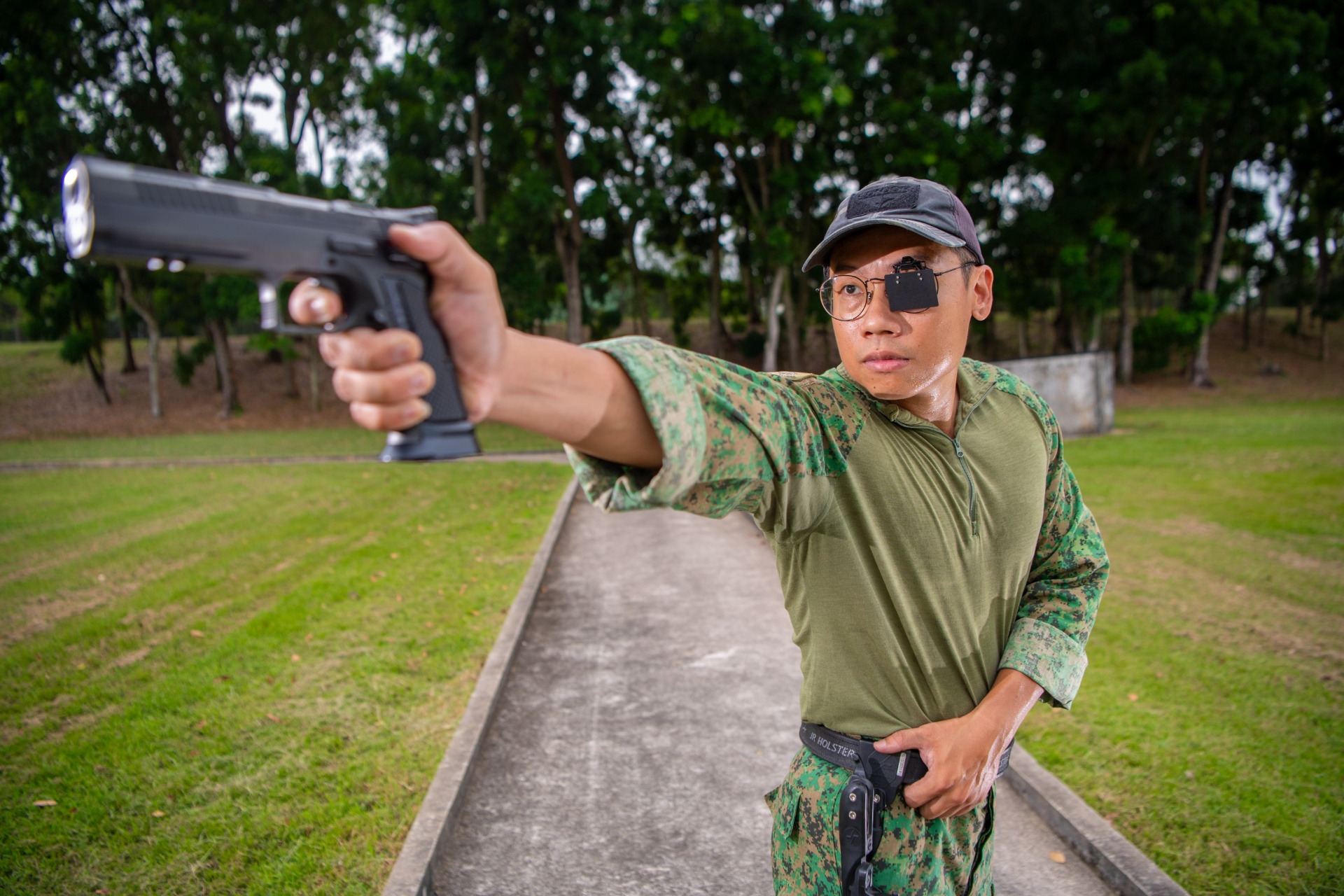TECHNOLOGY
BUILDING COLLABORATION TO BOOST DEFENCE AND SECURITY TECH
28 Jun 2018
The inaugural Singapore Defence Tech Summit (SDTS) is being held from 27 to 29 Jun. The three-day event brings together more than 400 industry experts from 17 countries, including policy-makers, defence scientists and leaders from academia and think tanks.
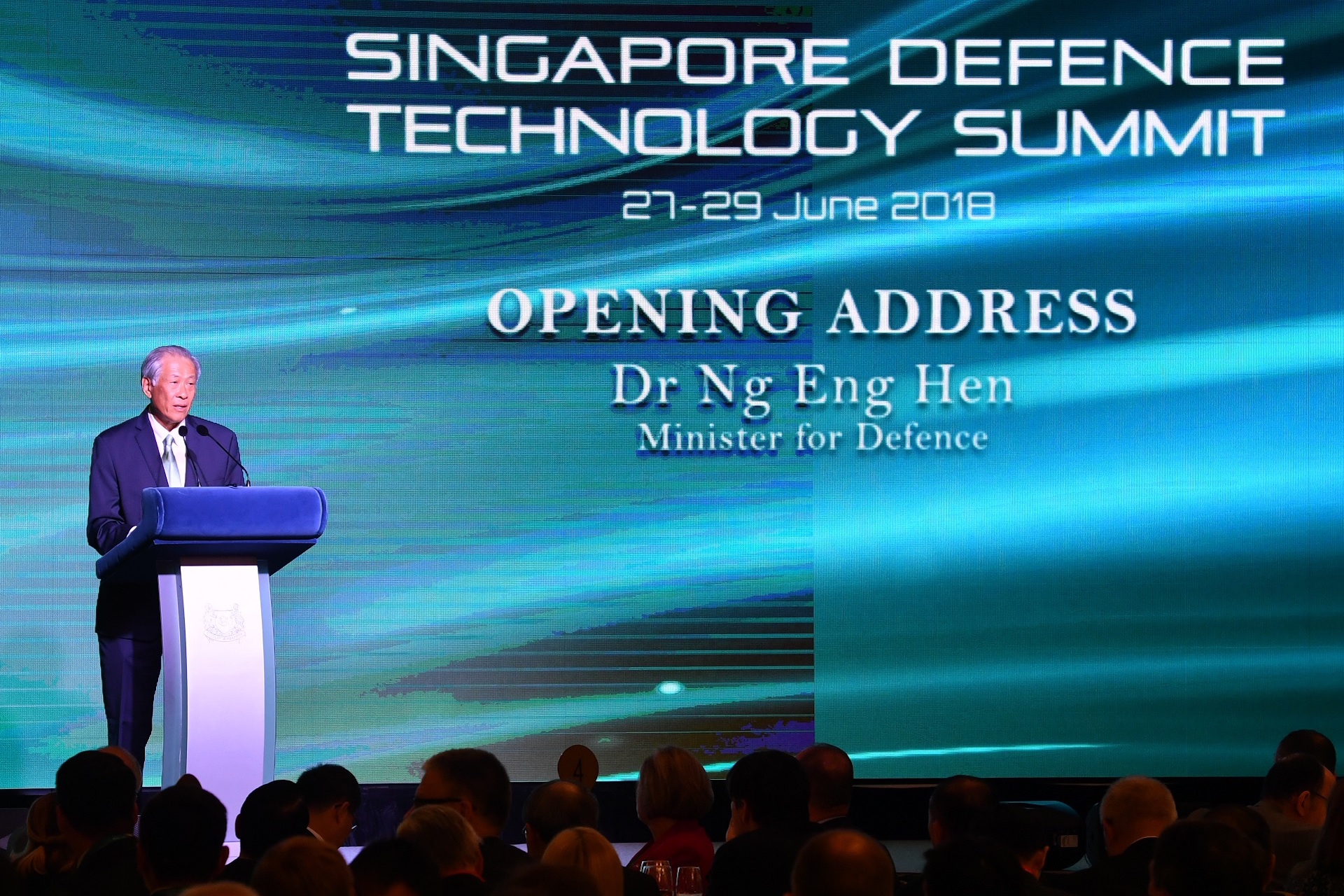
The inaugural Singapore Defence Tech Summit (SDTS) is being held from 27 to 29 Jun. The three-day event brings together more than 400 industry experts from 17 countries, including policy-makers, defence scientists and leaders from academia and think tanks.
The summit is themed Impact of the 4th Industrial Revolution on Defence and Security. Participants will discuss trends in defence and security technology and explore new ways to innovate and build collaboration.
In his opening address at the Shangri-La Hotel on 27 Jun, Minister for Defence Dr Ng Eng Hen highlighted the importance of collaboration for growth and progress.
Said Dr Ng: "The chances of an isolated group succeeding in discovering or applying new techniques are slim. In game-theory parlance, collaboration is the dominant strategy with greater pay-offs." He also noted that modern inventors, innovators, scientists and engineers were increasingly open to sharing ideas.
But while the new knowledge is changing everyday life, it is also raising new dilemmas about ethics and morality, such as the role of human autonomy in the face of growing reliance on automation and robots, said Dr Ng.
In his speech, Dr Ng highlighted the need for governments and the private sector to work together to develop solutions to meet defence and security challenges, while making sure that the new technologies do not end up being exploited by potential attackers.
"How do we ensure that new technologies do not undermine our collective security? Already, terrorists and their networks use encrypted messenger apps to orchestrate plots, as well as drones to conduct surveillance and deliver improvised explosive devices," he said.
Dr Ng's points on collaborative efforts and technological security were echoed by General (GEN) (Ret) Keith Alexander, founder and Chief Executive Officer of IronNet Cybersecurity, a cyber security solutions company based in the United States (US).
A four-star general with four decades of experience in the US Army, GEN (Ret.) Alexander highlighted that critical infrastructure, such as transportation and finance networks, are prime targets for cyber attacks.
While civilian infrastructural assets are often managed by commercial organisations, governments must share the responsibility of protecting these critical installations, said GEN (Ret) Alexander.
"The Internet of things is growing exponentially, and the risk to countries is growing as well. We – countries around the world – have to work together to figure out how to make the Internet and our use of these future devices better for our people," he said.
ALSO READ IN TECHNOLOGY
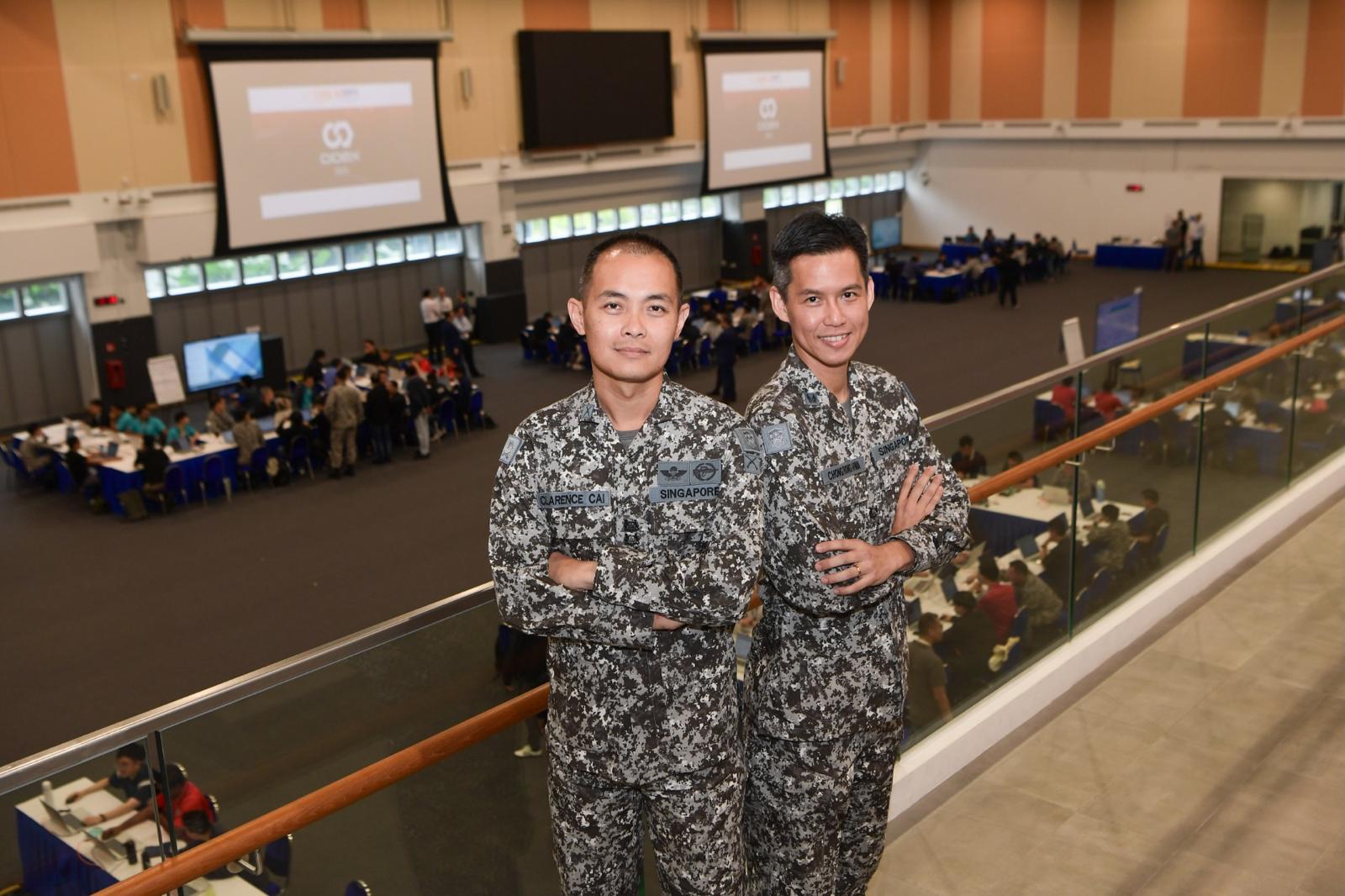
AI joins the fight in national cyber defence exercise
12 Nov 2025
AI and closer collaboration among agencies and industry are taking centre stage in this year’s Critical Infrastructure Defence Exercise (CIDeX).
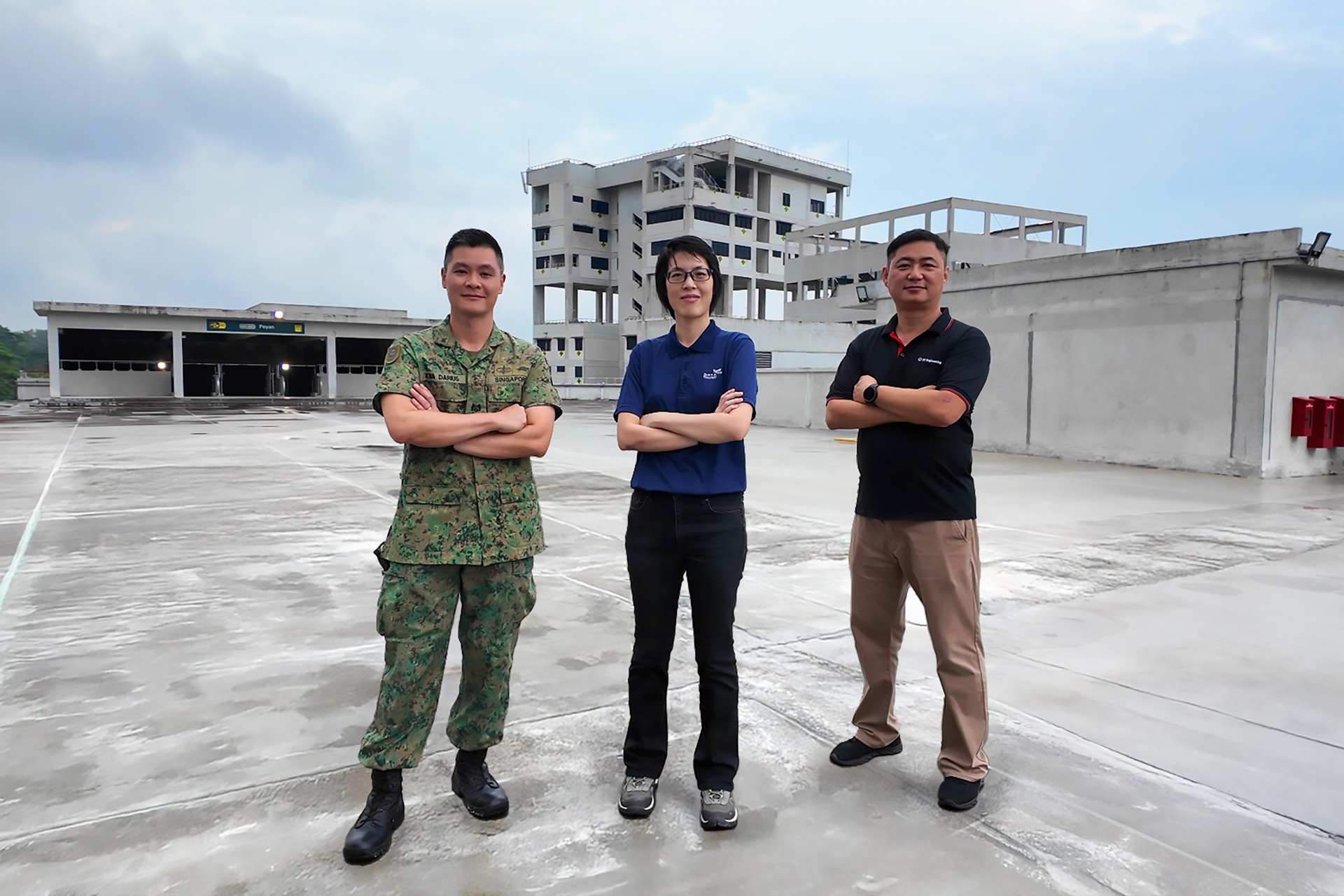
They built this city
01 Oct 2025
Turning vision to reality: the team behind SAFTI City clinches the Defence Technology Prize 2025 Team (Engineering) Award!
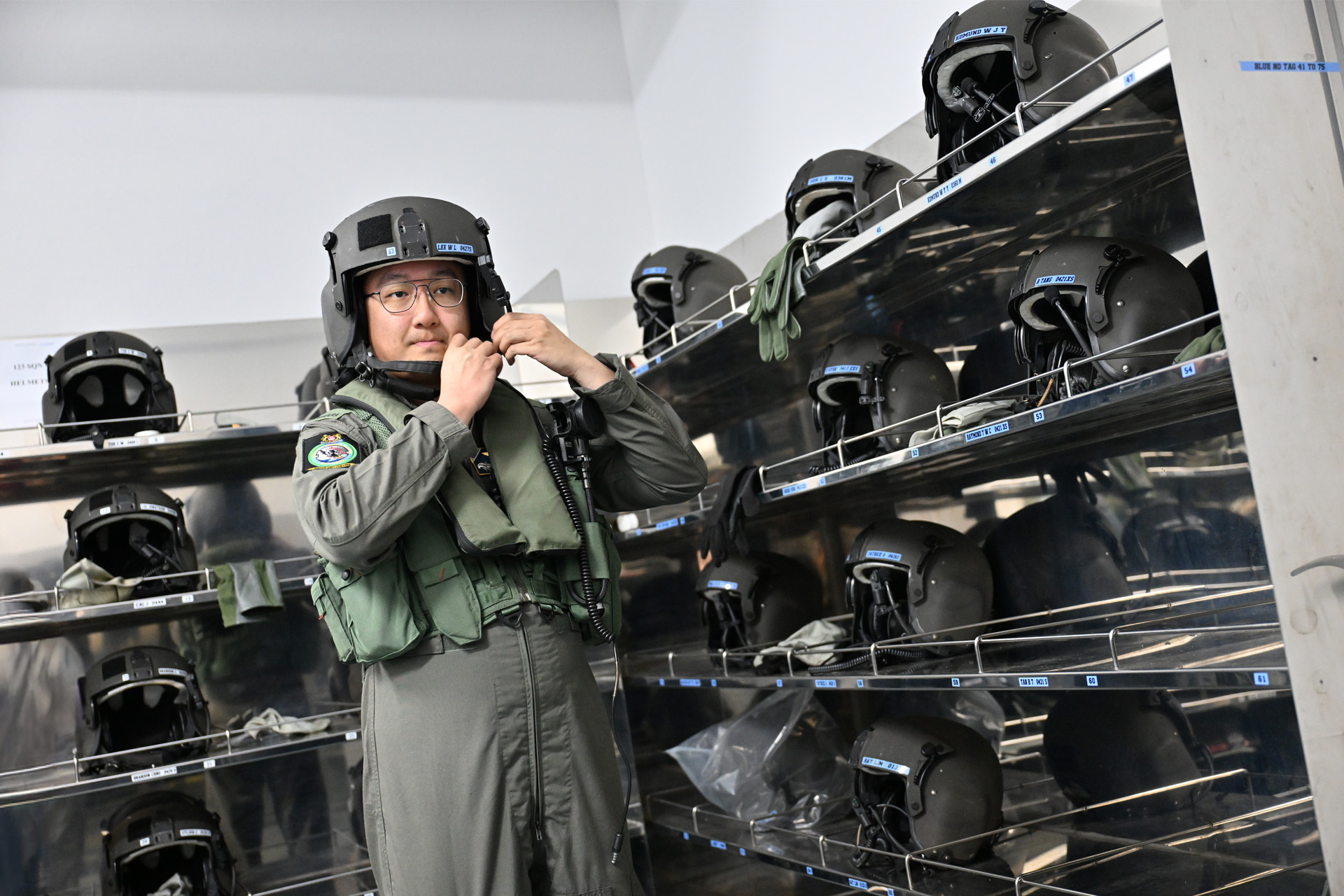
Operating over skies & seas
22 Aug 2025
This gear is designed to help a Sensor Supervisor survive emergencies in the air and at sea.

